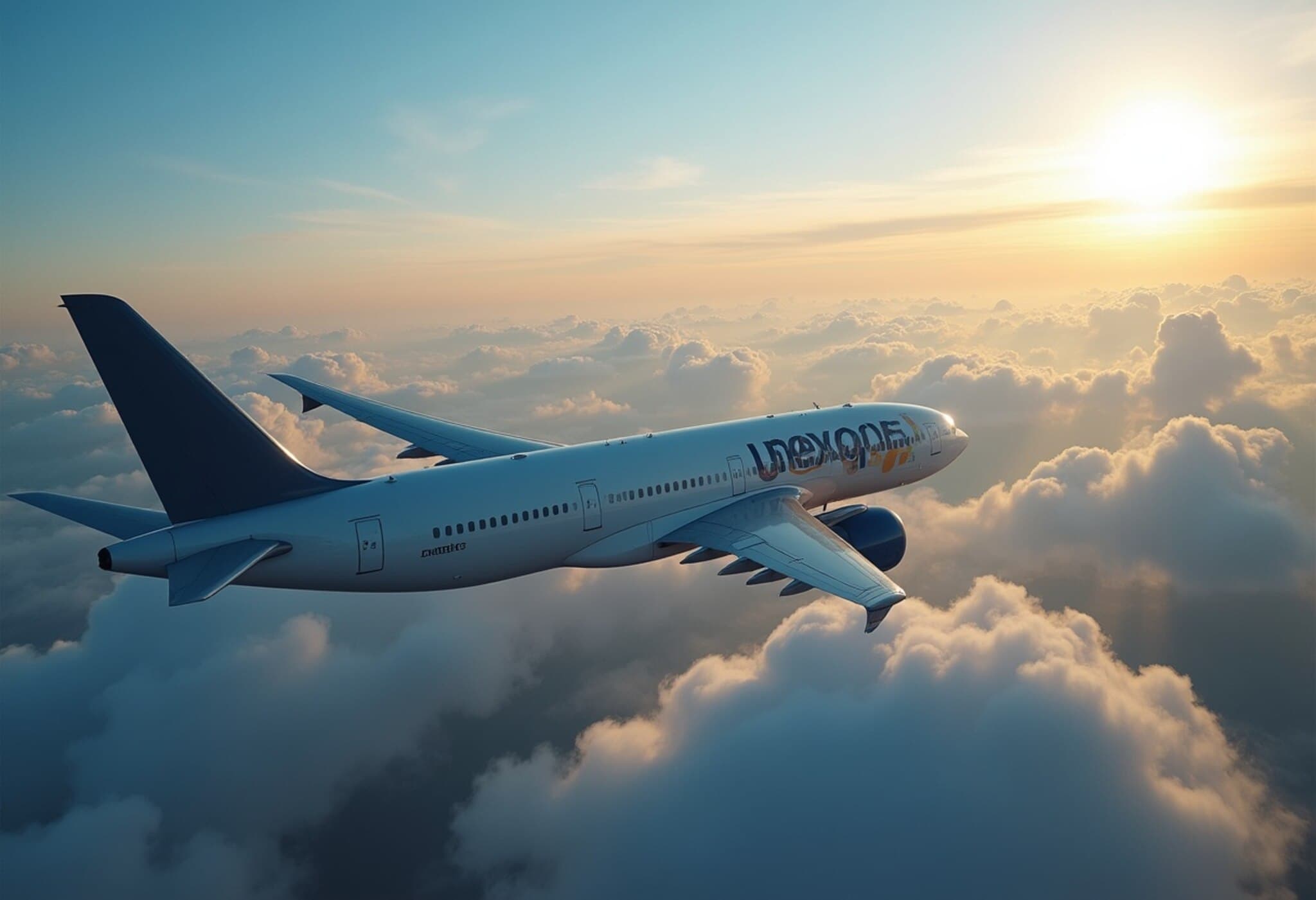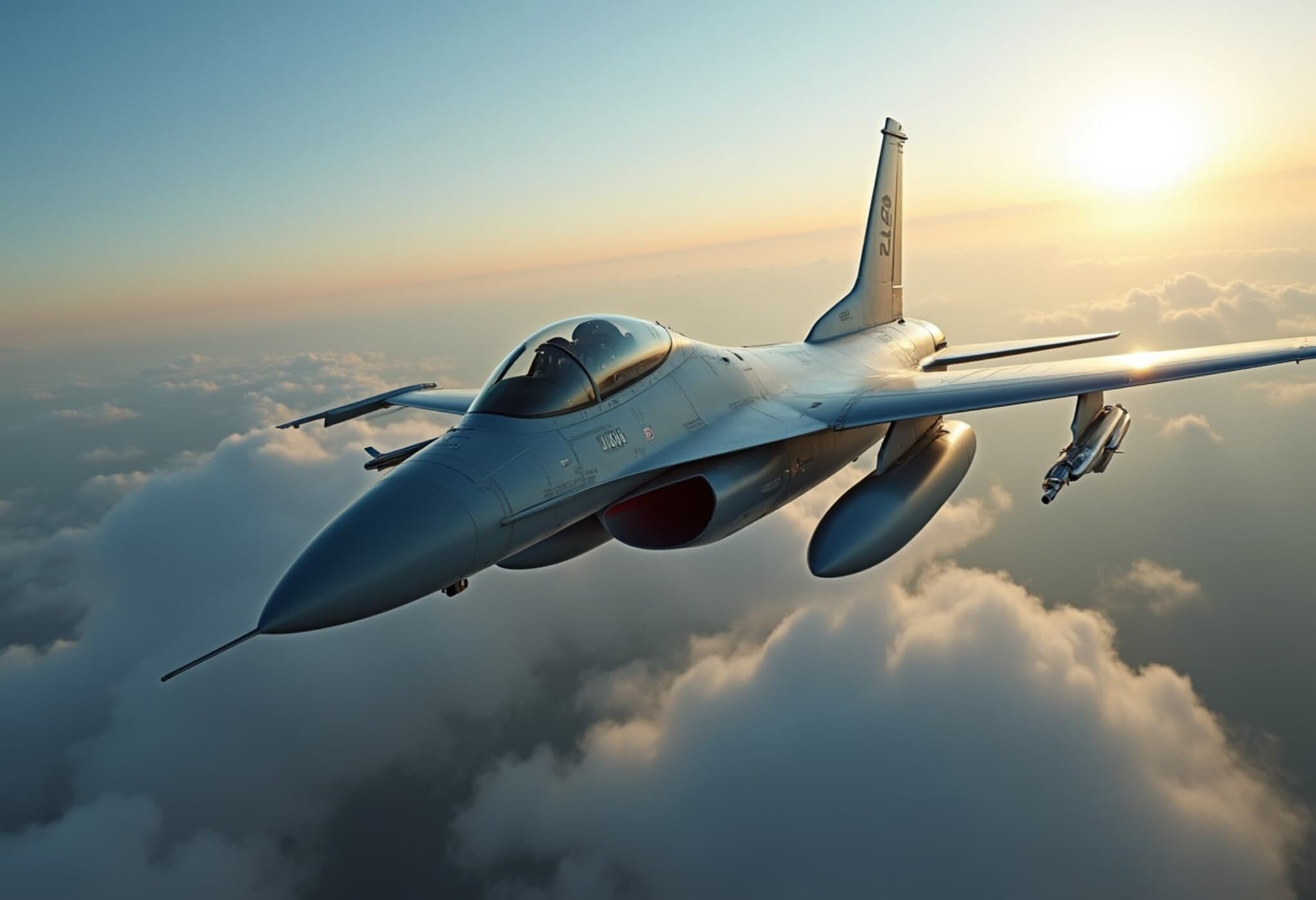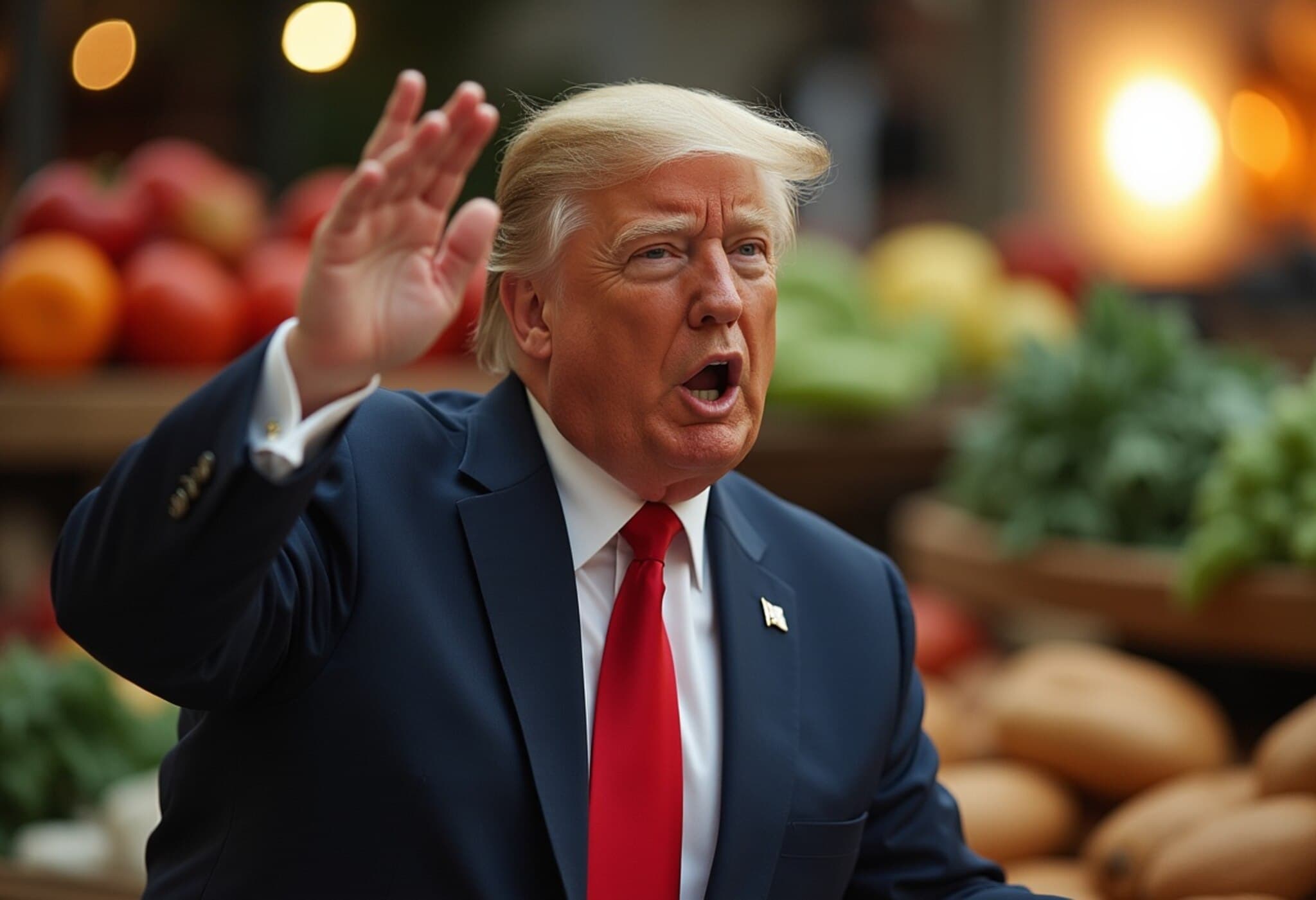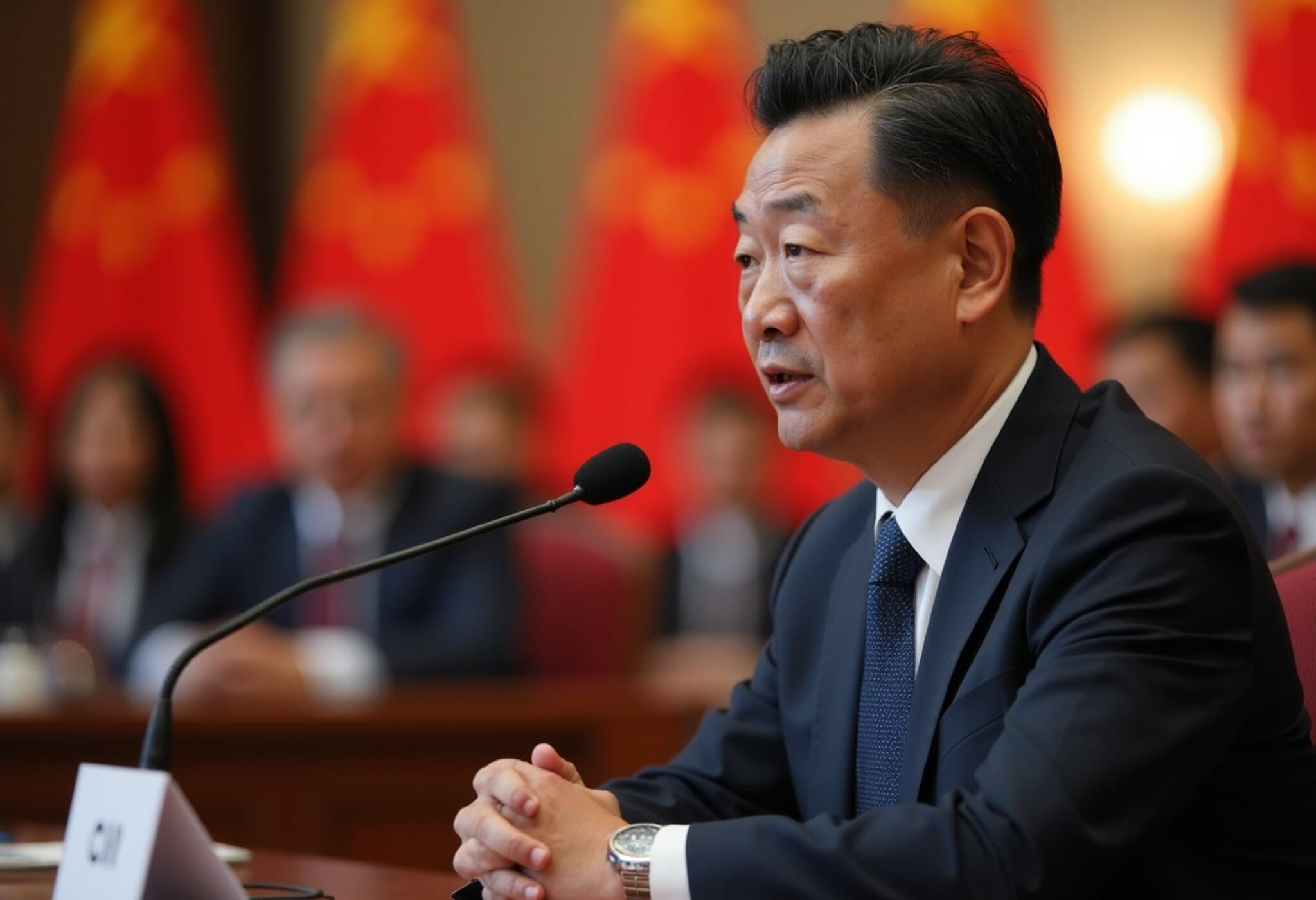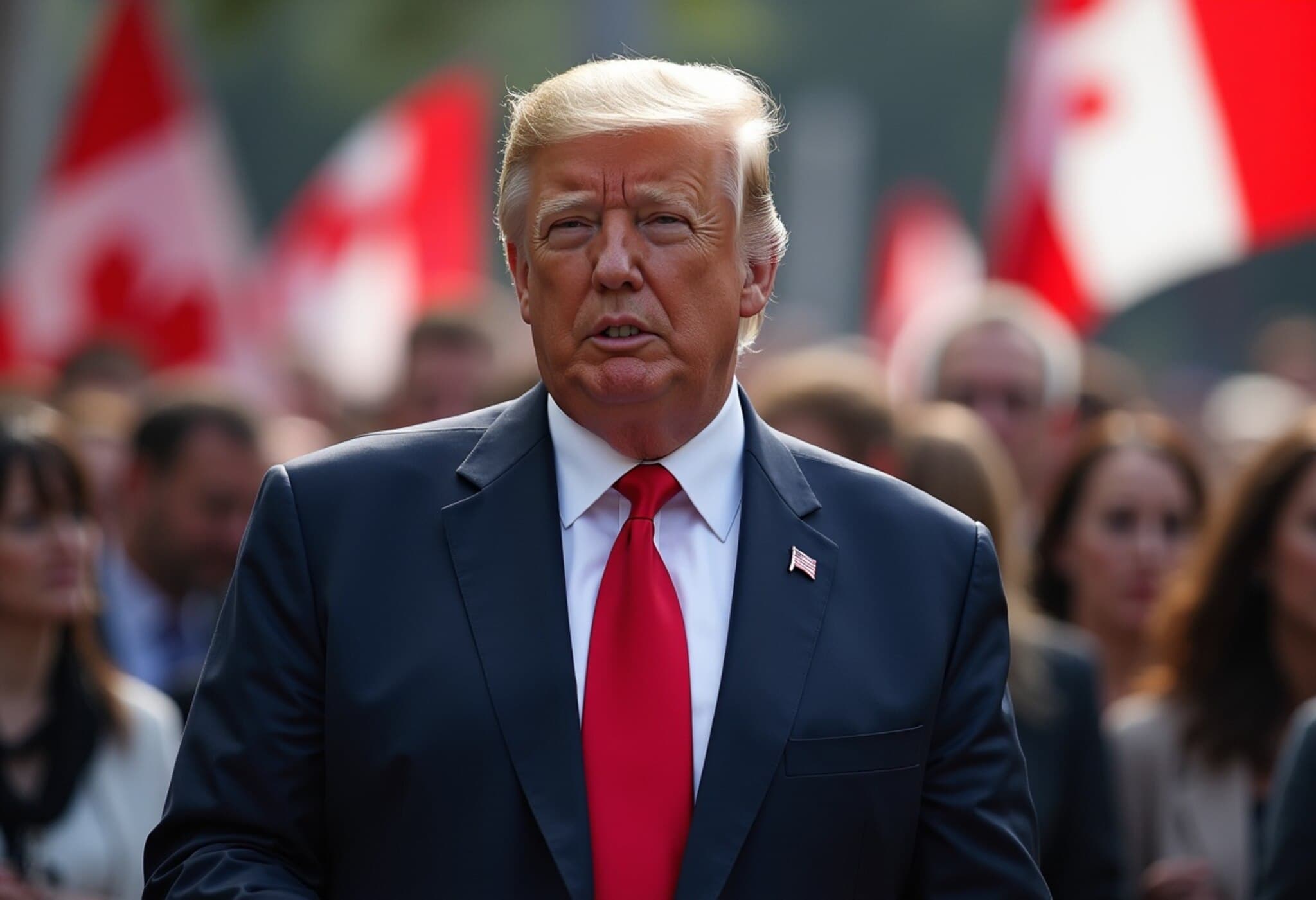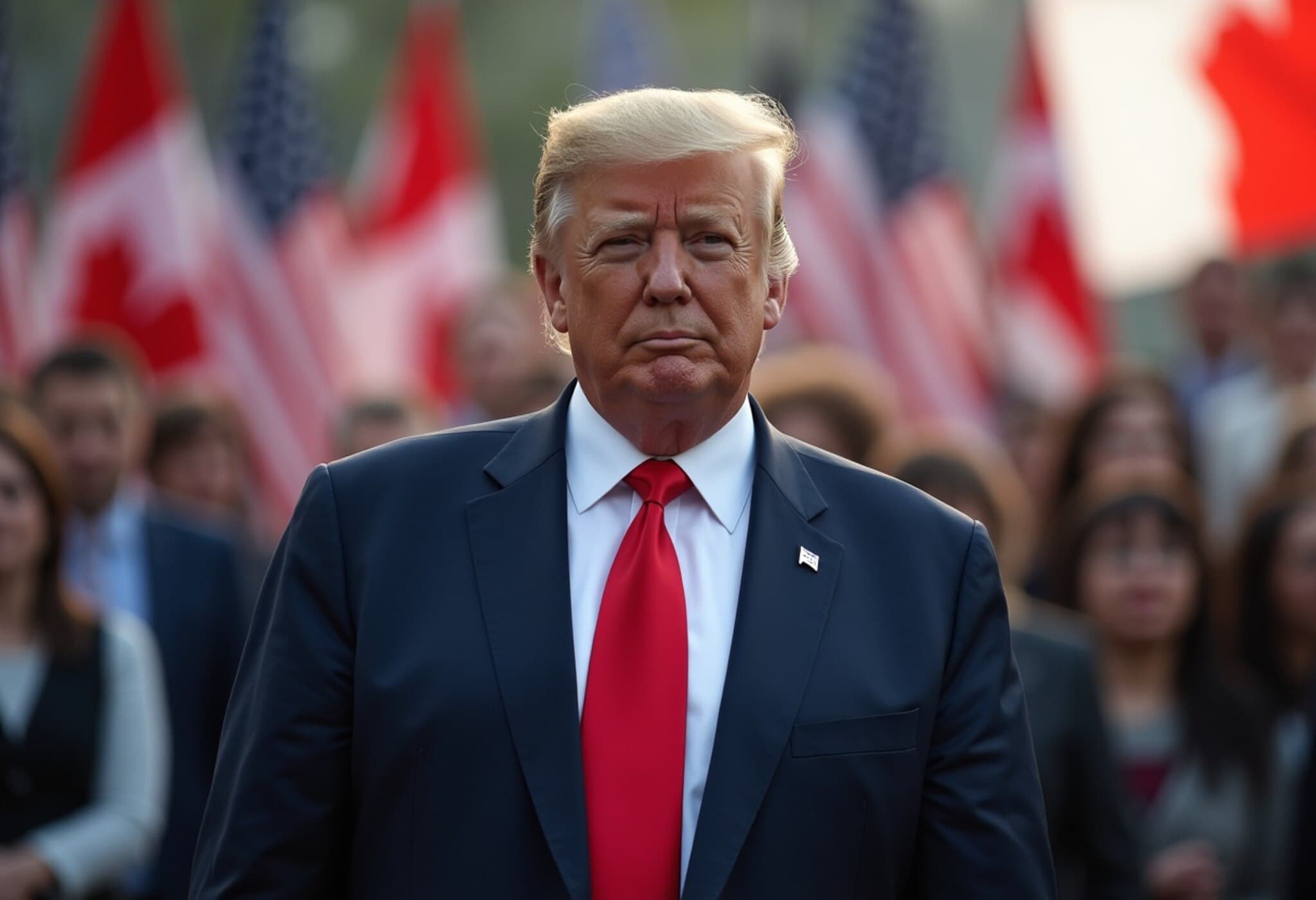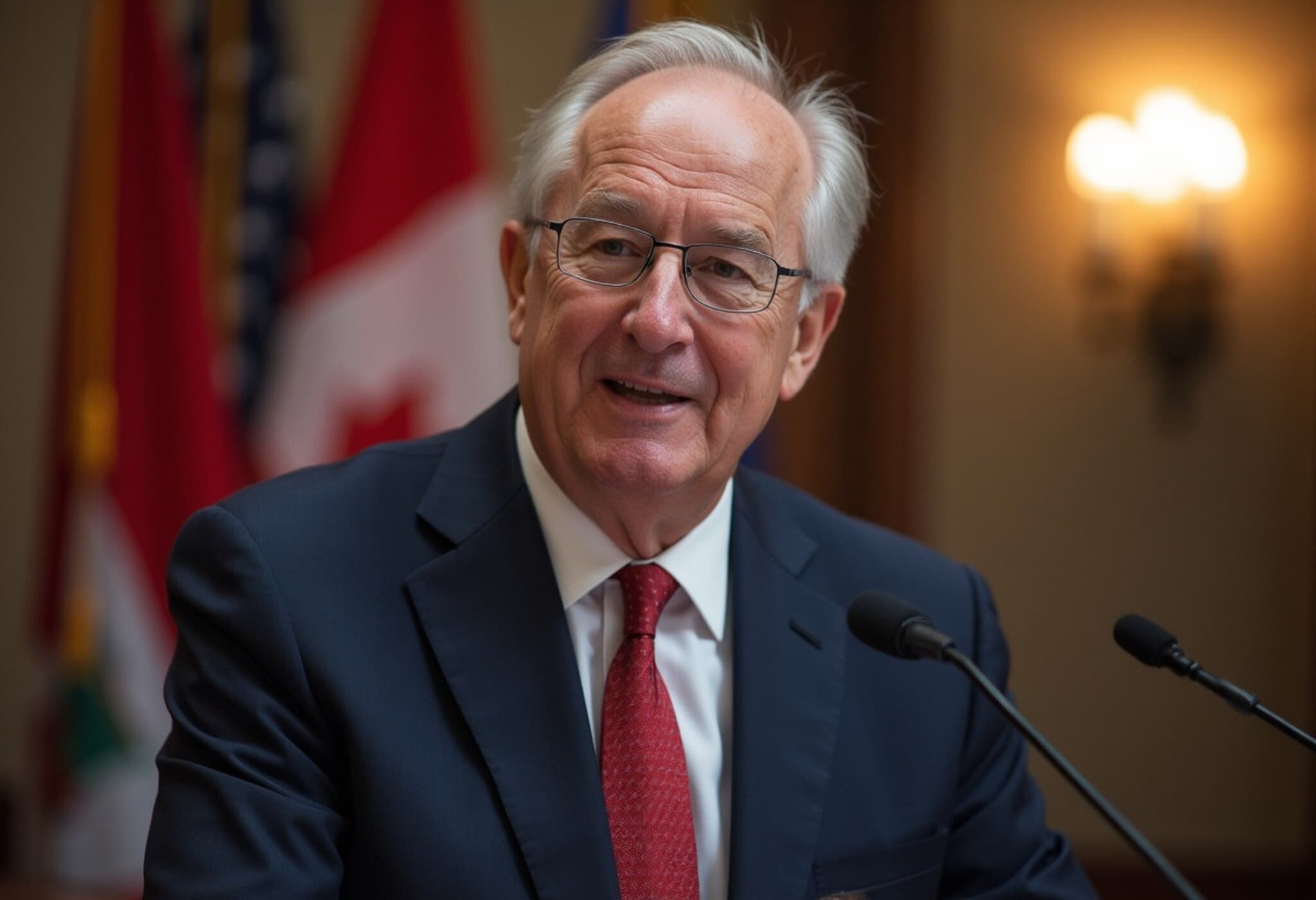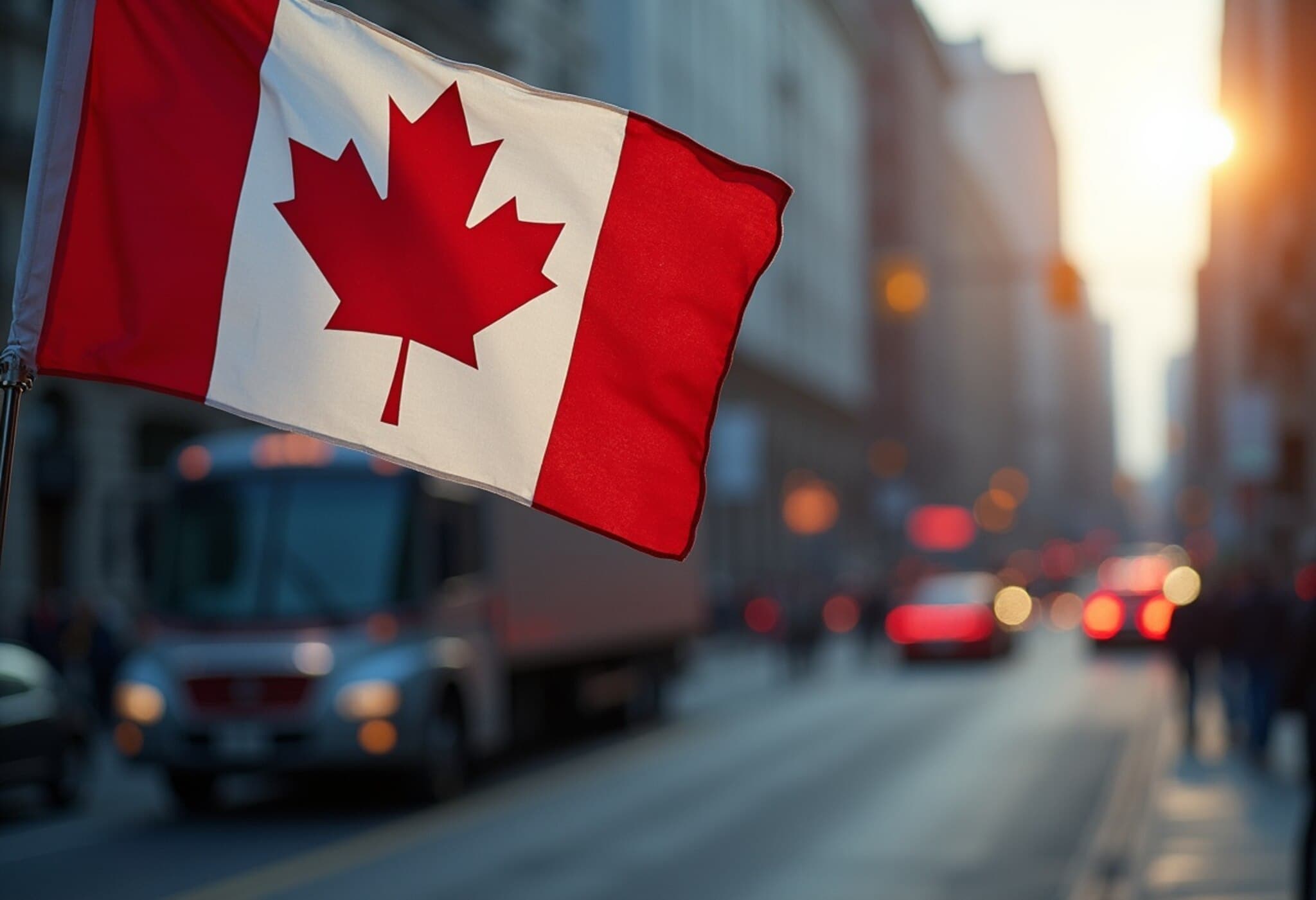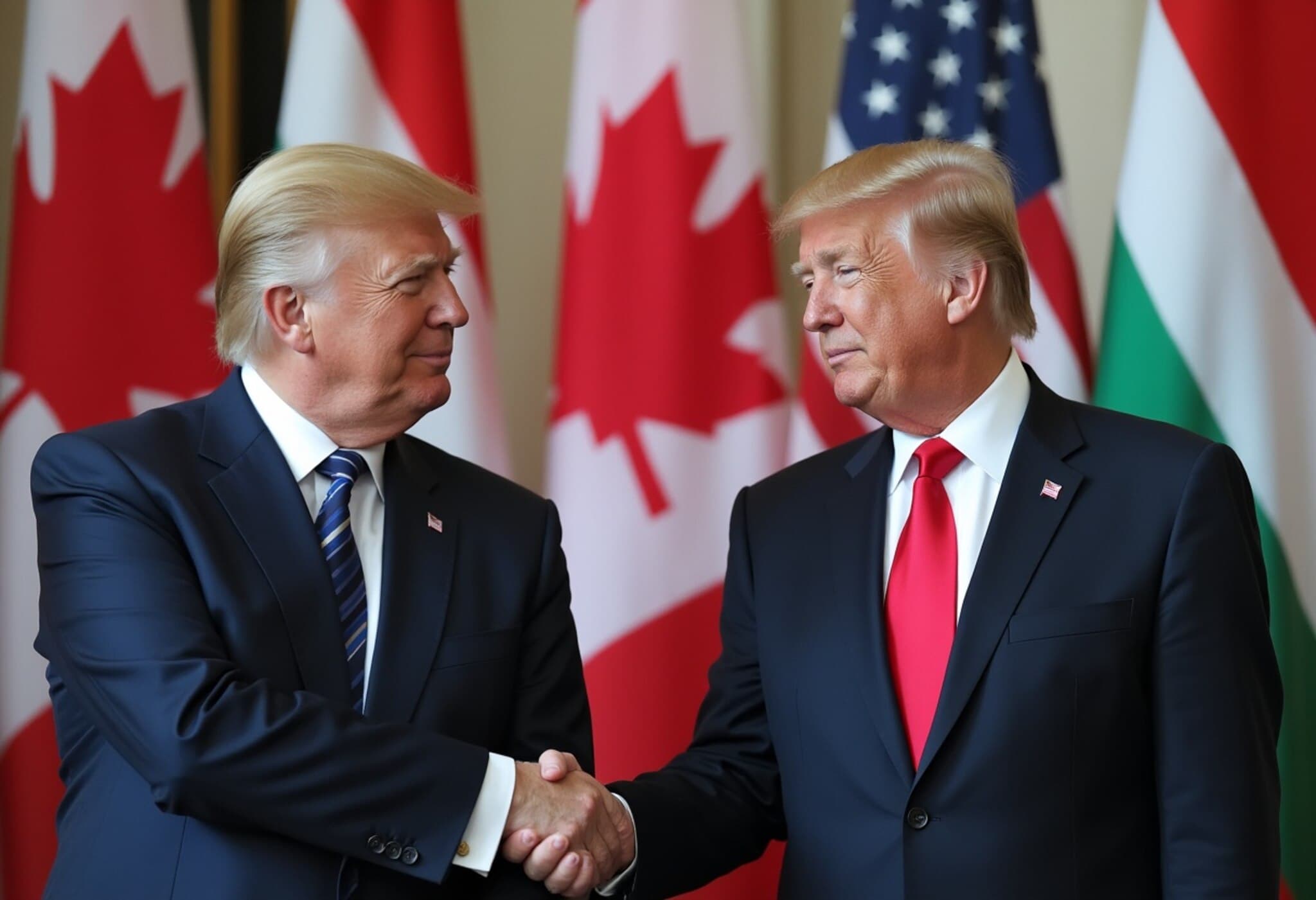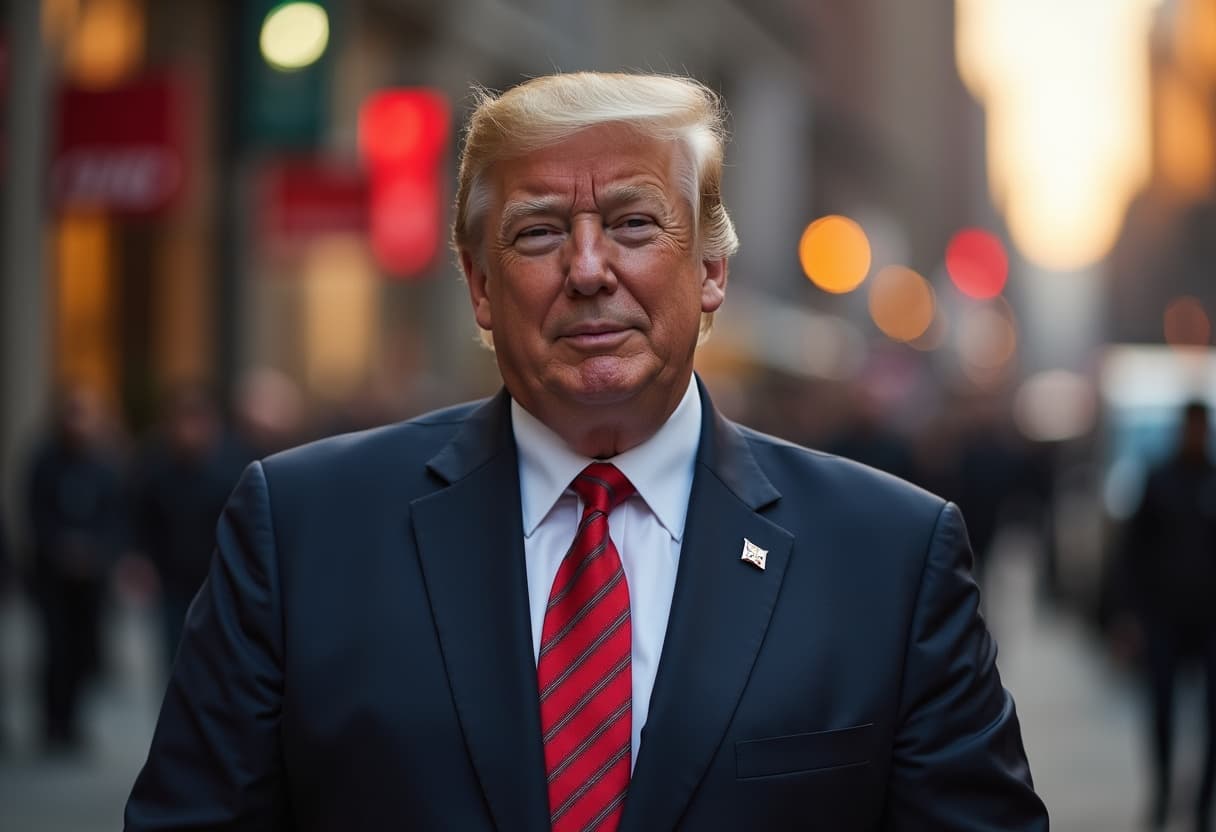US-China Transport Tensions Rise Over Mexican Airline Disputes
In a striking move amid ongoing transport tensions, the United States Department of Transportation has announced potential measures to block certain Mexican airline flights to the US. This comes after Mexico reportedly reneged on a 2016 bilateral air agreement, stirring fresh concern over fair market competition in North American air travel.
Background: The Crux of the Dispute
US Transportation Secretary Sean Duffy issued a stern warning after Mexico's authorities revoked crucial US airline flight slots in 2022 and compelled US cargo carriers operating at Mexico City’s Benito Juarez International Airport to relocate their operations in 2023. According to Secretary Duffy, such actions have disrupted the established aviation market and imposed heavy costs on American businesses.
“Mexico has broken its promise, disrupted the market, and left American businesses holding the bag for millions in increased costs,” Duffy remarked during a recent Congressional hearing.
Key Measures Proposed by the US
- Mandatory Advance Approval: Mexican airlines must now submit their US flight schedules in advance for approval before operating any large charter flights crossing into the US.
- Potential Revocation of Antitrust Immunity: The US is considering withdrawing antitrust immunity from the joint operations of Delta Air Lines and Aeromexico, which would prohibit coordinated pricing, capacity management, and revenue sharing, although Delta could maintain its investment.
The Department of Transportation emphasized that such steps aim to safeguard fair competition, protect consumers, and maintain market integrity vital to the $1.3 trillion US-Mexico trade relationship.
Broader Implications for North American Aviation
Experts highlight this dispute as part of a growing trend in North America where cross-border economic and trade frictions impact even critical sectors like aviation. The airline industry serves as a barometer for broader economic cooperation and regional integration.
From the American perspective, the unilateral disruption of slot allocations and mandated airport relocations not only undermines market access but also imperils supply chains reliant on efficient cargo transport across borders.
Underreported Dimensions and Future Outlook
While much of the focus rests on slot allocation and competition fairness, less attention has been paid to how these tensions reflect larger geopolitical and economic frictions between the US and Mexico, including divergent regulatory standards and bilateral negotiation deadlocks.
Furthermore, the sanctions against Delta-Aeromexico cooperation could ripple beyond airline operations, affecting labor agreements, consumer prices, and even diplomatic ties.
The Mexican government has yet to issue an official response, leaving open the possibility for negotiations or escalation.
Expert Commentary
Professor Ana Martinez, an expert on North American trade policy at Georgetown University, notes, “This confrontation reveals the fragility of cross-border agreements when economic interests clash. It also demonstrates how air transport, often overlooked, is critical in maintaining not only commerce but bilateral trust.”
She adds that the US response might aim to pressure Mexico toward renewed dialogue and compliance, potentially offering a reset moment for aviation cooperation.
Conclusion: Navigating the Future of US-Mexico Air Travel
The ongoing dispute over airline competition rights between the US and Mexico underscores the complex interplay of economics, politics, and regulation in international airspace. As both nations weigh strategic and economic priorities, travelers, businesses, and policymakers watch closely to see if diplomacy can restore a level playing field or if tit-for-tat restrictions will escalate.
Editor’s Note:
The US threat to block Mexican flights and revoke key agreements amid broken promises signals a pivotal moment in North American aviation relations. This dispute raises critical questions about how countries balance national interests with international cooperation. Readers should consider the far-reaching economic consequences of such aviation conflicts beyond the immediate airline industry—touching global supply chains, consumer costs, and diplomatic relations. Continued monitoring of official negotiations will be essential to understand the evolving landscape shaping cross-border travel and trade.

